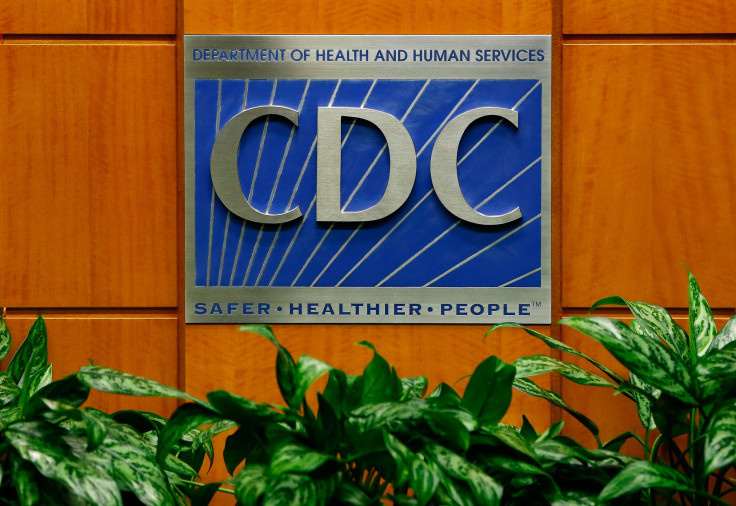Melioidosis Outbreak: CDC Confirms Bacteria Strain In Aromatherapy Spray And Patients Match
KEY POINTS
- Those who have the same aromatherapy spray are being advised to stop using them
- The products came in various scents
- They were sold at 55 Walmart stores and on its website from February to Oct. 21
The product that caused an ongoing melioidosis outbreak has been identified. Authorities found that the rare bacteria in recalled aromatherapy bottles match the ones in patients.
Walmart recalled 3,900 bottles of its Better Homes and Gardens Essential Oil Infused Aromatherapy Room Spray with Gemstones last week after testing by the Centers for Disease Control and Prevention (CDC) identified the presence of Burkholderia pseudomallei, the rare bacteria that can cause the "difficult to diagnose" and potentially fatal disease melioidosis.
The CDC had been investigating a cluster of four confirmed melioidosis cases in Kansas, Minnesota, Texas and Georgia, including two deaths, the recall alert noted. At the time, the bottle with the bacteria was found in the home of the patient from Georgia, but the source of the infections had not been confirmed.
The CDC announced Tuesday that the strain in the aromatherapy spray found in the patient's home "genetically matches" the strain in the four patients. According to the agency, confirming the "DNA fingerprint" of the bacteria in the product and the patients allowed it to confirm the spray or perhaps one of the ingredients used in it as the cause of the infections.
Furthermore, an additional bottle of the aromatherapy spray tested positive for the bacteria since Friday, the agency noted. It, along with Walmart, where the products were sold, and the U.S. Consumer Product Safety Commission (CPSC), already contacted the manufacturer in India to see if the ingredients used in the spray were also used for other products.
"When you think about the thousands of things people come in contact with around their homes, it's remarkable we were able to identify the source and confirm it in the lab," Inger Damon, MD, PhD, the director of CDC's Division of High-Consequence Pathogens and Pathology, said in the news release. "CDC scientists and our partners found the proverbial needle in the haystack."
#Recall: @Walmart Better Homes and Gardens Essential Oil Infused Aromatherapy Room Spray with Gemstones Due to Rare and Dangerous Bacteria; Two Deaths Investigated. Full recall notice: https://t.co/kXGj4hAJjs pic.twitter.com/QJpwGQ1eDX
— US Consumer Product Safety Commission (@USCPSC) October 25, 2021
Those who may have bought the products are being advised to stop using them immediately. These products came in various scents and were sold at 55 Walmart stores and on its website from February to Oct. 21.
The CDC stressed that consumers should not pour out the contents of the spray in the drain or simply throw the bottle in the trash as the bacteria doesn't normally occur in U.S. soil and water.
"If the spray bottles end up in landfills, the bacteria could become established and cause future melioidosis cases in the U.S.," the agency noted. "CDC is working with Walmart to ensure the returned bottles are disposed of properly and safely."
The CDC also enumerated the steps that consumers who have the product in their homes have to take to dispose of the product safely, such as washing the sheets or linens where the product was sprayed on, returning the product in a double bag and box to Walmart and monitoring oneself for possible symptoms.

© Copyright IBTimes 2024. All rights reserved.












